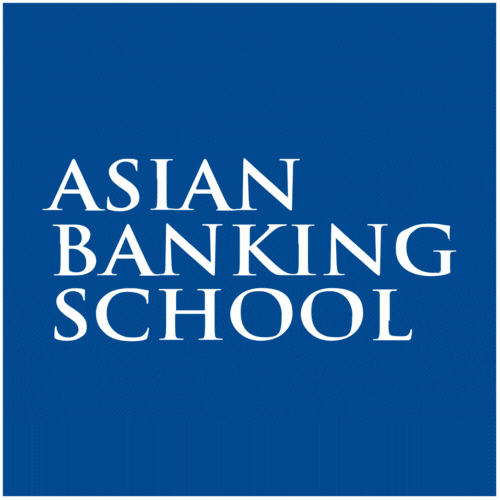Dr Nicola Ranger leads activities on nature and adaptation finance, including as Director of the Resilient Planet Finance Lab, Executive Director of the Oxford Martin Programme on Systemic Resilience, co-Director of the UKRI Integrating Finance and Biodiversity Programme and a Senior Research Fellow at the Institute for New Economic Thinking of the Oxford Martin School.
Nicola brings 20 years' experience across government, IFIs, private sector and academia and holds multiple advisory roles, including for the FCDO and the World Bank. She works with governments, Central Banks, regulators, financial institutions and international organisations to provide analytics and evidence to inform finance, investment and public policy at all scales. Her research covers climate, nature, resilience, food, water and the SDGs with a strong finance, macro and public policy lens. She works predominantly in UK/Europe and emerging and developing economies. Her research addresses the measurement, valuing and integration of resilience, nature and sustainability within decision making, with a focus on finance and policy, and how to mobilise investment for sustainable, resilient and inclusive growth. Her interdisciplinary research brings a strong quantitative risk analytics, economics and decision science lens on issues such as assessing systemic risks, measuring the impact of investments, mobilising finance for sustainability, green fiscal policy, sustainable finance, financial regulation and supervision, the role international financial institutions and designing global crisis risk financing mechanisms.
Nicola also holds several leadership and advisory roles beyond Oxford, including: as a Senior Advisor for the Foreign, Commonwealth and Development Office (Deputy Director, Secondment) on Sustainable Finance and Resilience; co-Chair of the Resilient Planet Data Hub with the High Level Climate Change Champions, the UN and the Insurance Development Forum; a member of the TRASE Advisory Group; a member of the European Commission High Level Expert Group on Sustainable Finance in Low and Middle Income Economies; an Academic Visitor at the Bank of England; a member of the UK Green Taxonomy Advisory Group; an expert member of the UK Climate Financial Risk Forum working groups on Adaptation and Scenarios; a member of the Financial Systems Thinking Innovation Centre of the Institute and Faculty of Actuaries; and a former Senior Advisor to the World Bank. Nicola holds a Senior Visiting Research Fellowship at the Grantham Research Institute of the London School of Economics and Political Science and Cetex.

